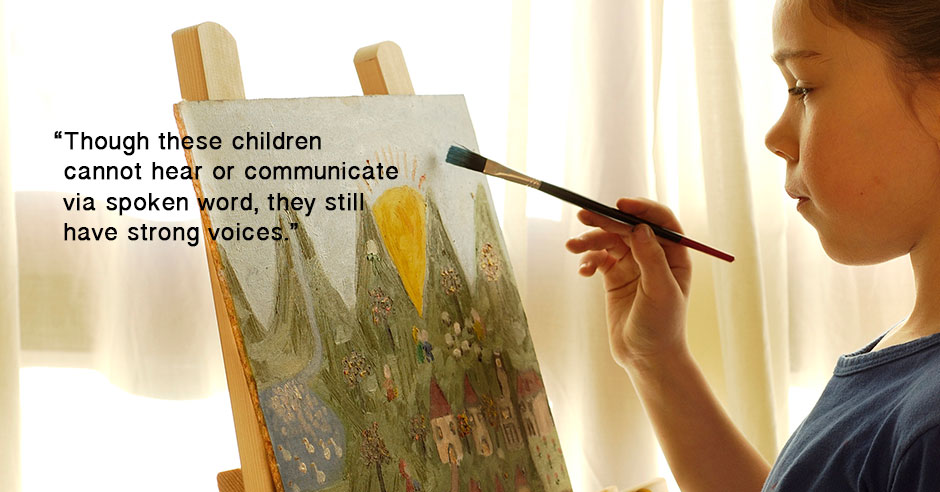Picking a term to describe our hearing is fraught with implications.
The idea behind “hearing impaired” is that we are lesser human beings and must be fixed to function.
Those who suffer (dare I use “suffer”?) from mild to moderate hearing loss do not necessarily identify with the term deaf—a word that is historically loaded and also carries a distinction between capitalized and lowercase “d”. Uppercase “Deaf” reflects a community and a culture of identity, and carries pride similar to that of ethnic and religious groups. Lowercase “deaf” can reflect only severe to profound hearing loss, or hearing loss on the whole, depending who you ask.










